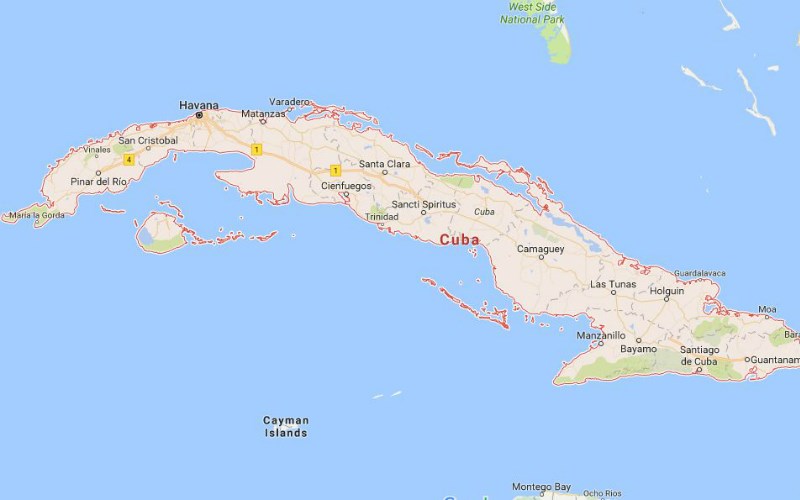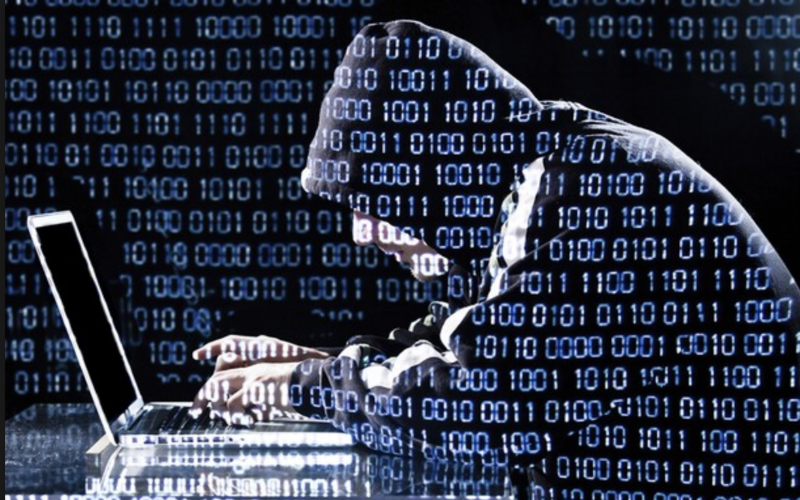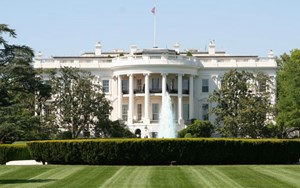Aleksey Zhuravlev, a member of Russia’s parliament, was reacting to reports the U.S. is deploying nukes in the United Kingdom when he posted on Telegram that Russia should consider deploying nukes in Cuba, Venezuela, and Nicaragua, which he called “friendly” countries.
A threat to return nuclear weapons to Cuban soil is not forgotten by many, who remember the 1962 “Cuban Missile Crisis” that put the U.S. and the Soviet Union on the brink of nuclear war. President John F. Kennedy was eventually able to get the Russians to back down and send the missiles back to Russia.
Military analyst Bob Maginnis says the Russians are known for their threats and their posturing.
“The idea of putting nukes in Cuba again or in Venezuela, or anywhere south of our border,” he observes, “is something we've heard in the past, something we should not take for granted that this is a done deal.”

Maginnis, a retired U.S. Army officer now at the Family Research Council, was recently quoted in an AFN story about the Pentagon’s plans to return nuclear weapons to a UK airfield. In that story, Maginnis said saber rattling by NATO and Russia is escalating and moving the world toward war, including a nuclear one. Russia recently moved tactical nukes to Belarus.
Regarding this latest threat about nukes in Cuba, Maginnis says Russia has a “large inventory” of nuclear weapons and putting one so close to U.S. shores poses a serious early-warning problem.
"The decision process to counter a nuclear attack is generally only a handful of minutes in the hands of the President,” Maginnis says. “Given the guy that we have, I'm not sure he's going to be off vacation enough to take a call from the Strategic Command. So it's not an encouraging situation. "







